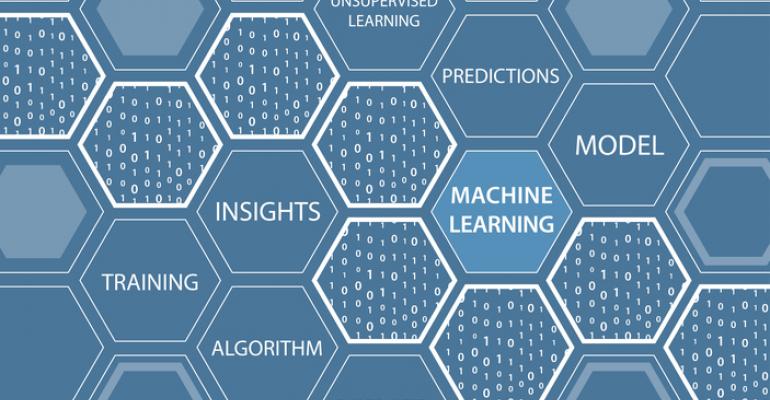“Imagine if you could somehow do a web search for something that doesn’t exist yet,” Mickey McManus proposes. “There is massive hidden value in the way you engage with customers when something rare, like prediction, becomes a commodity.”
Mickey knows a lot about predictions. As visiting research fellow for Autodesk and a senior advisor for Boston Consulting Group, he spends much of his time thinking about the future—and predicting. One giant idea Mickey has been thinking about is how we will interact with the customer of tomorrow.
His insights are especially relevant to event executives embarking on digital transformations. The event of the future will provide one-on-one experiences for every customer. Clearly, that can only be accomplished through automation. More specifically, it will require machine learning technology, or more broadly, artificial intelligence.
For an example of what can be achieved, Mickey points to Starbucks. It shifted from a spreadsheet-driven system with 30 persona templates to a machine-learning app handling more than 400,000 personas for more than 10 million customers. The result: A rise in incremental revenue of over $100 million.
Instead of enormous amounts of code, machine learners require enormous amounts of training data. “These systems learn from millions of interactions, customers’ history, and actual actions, often captured by Internet of Things devices,” Mickey explains. “They learn as they go, compete against each other, lower the cost of prediction to a commodity, and generate wildly creative new ideas.”
On the flip side, a poorly trained system can wreak havoc at Internet speed. Even worse, malicious machine learners can prey on implicit biases to promote harmful outcomes. “The challenge will be to help our customers shift from users to lifelong learners—and to thrive with every engagement we have with them,” he adds. That is a grave responsibility, one that organizers need to weigh as we acquire and deploy data collection capabilities.
For more about how machine learning will alter our business model, and what that means to you in the short- and long-term, Mickey will deliver the closing keynote at ECEF 2018 on May 30. “I’ll discuss how to shift from being preyed upon by these new forms of intelligences, to learning how to play with them—the way great jazz quintets explore new spaces through the play of improvisation and swing.”
If you could search the web for something you need but didn’t know it, Mickey’s insights would be the top result. That’s a safe prediction.
Lippman’s Take-Away: While the digital revolution in events is unfolding, customer expectations are changing too. Delivering positive outcomes consistent with shared values will become an expectation.






